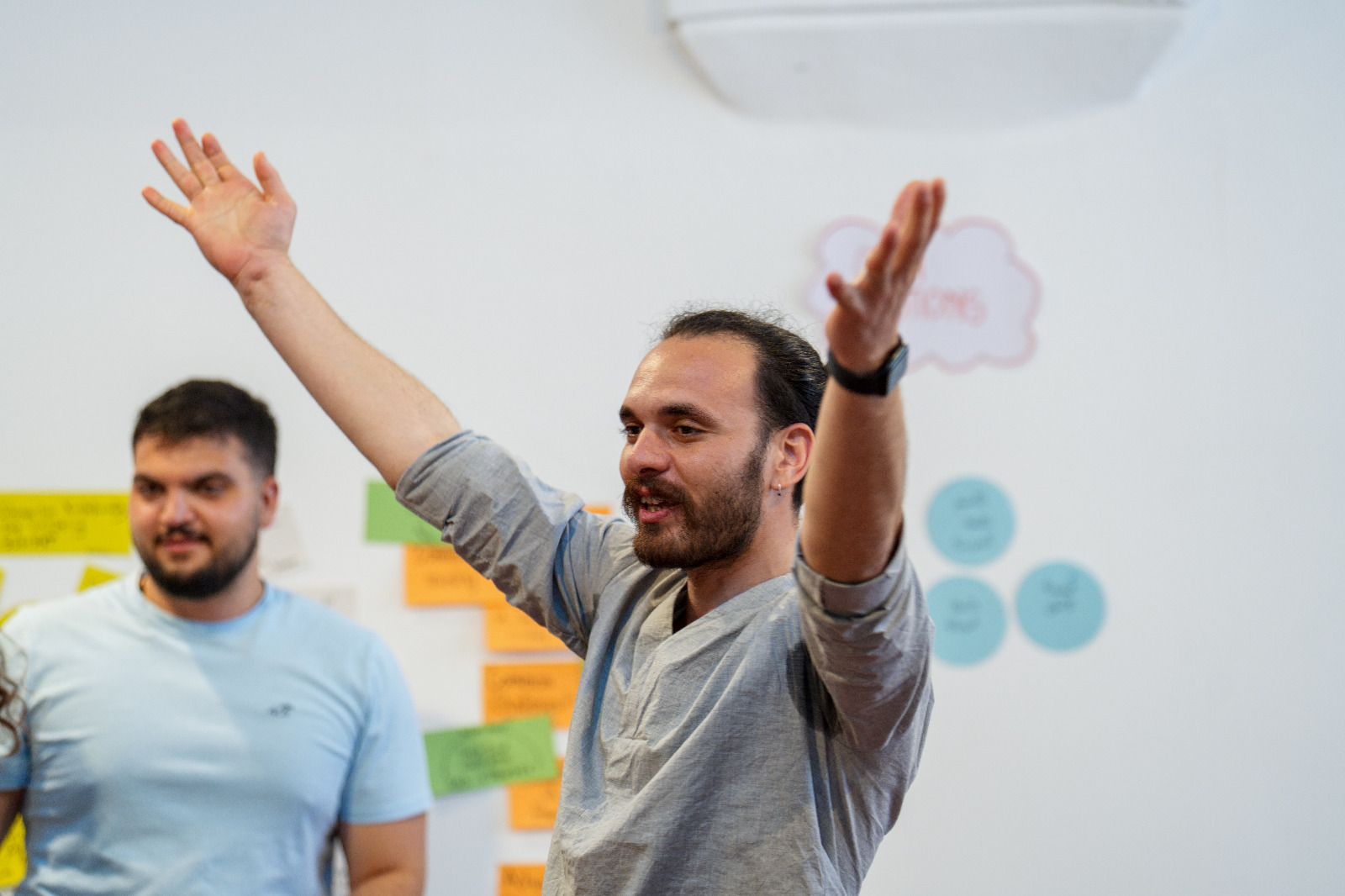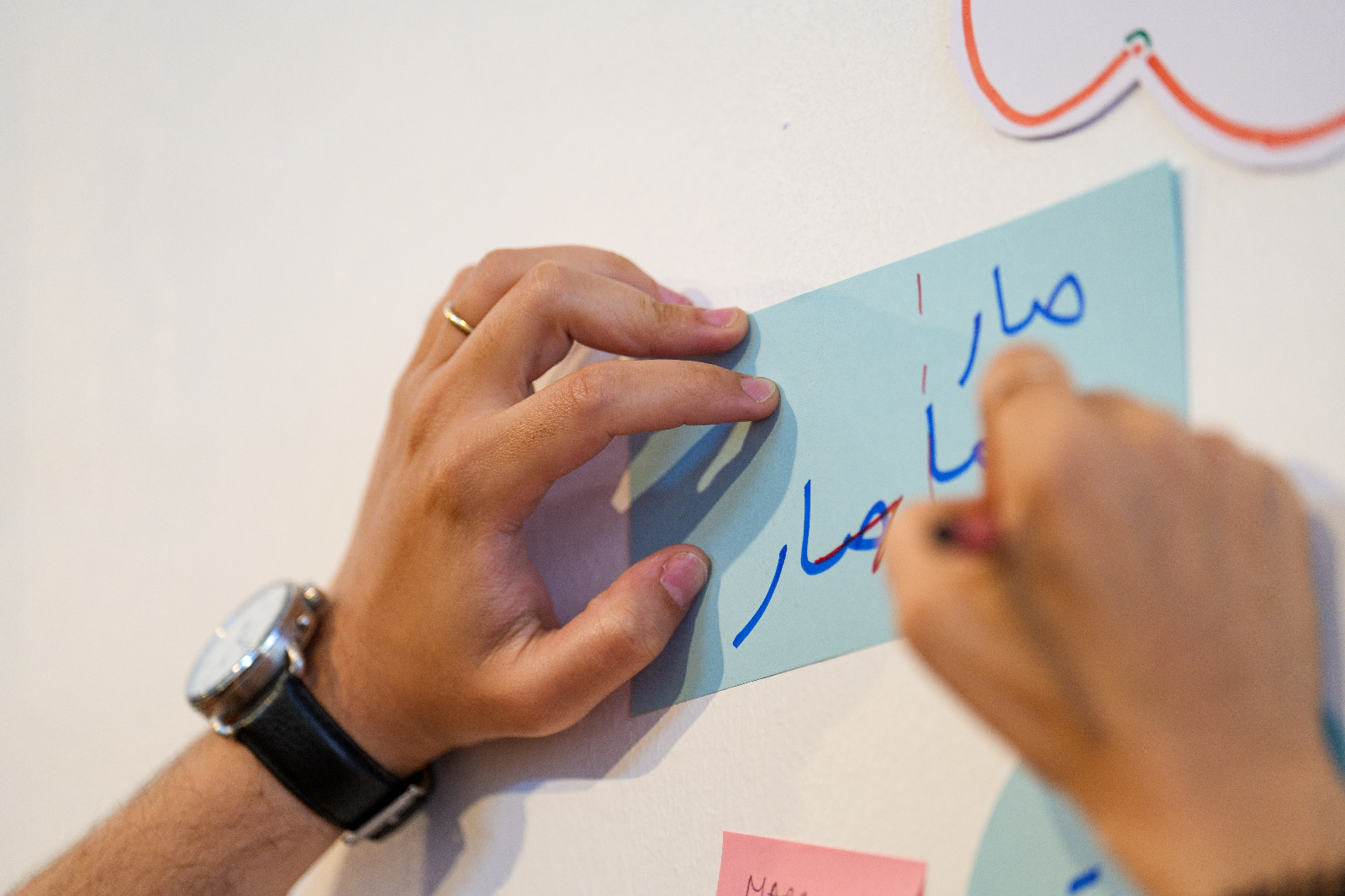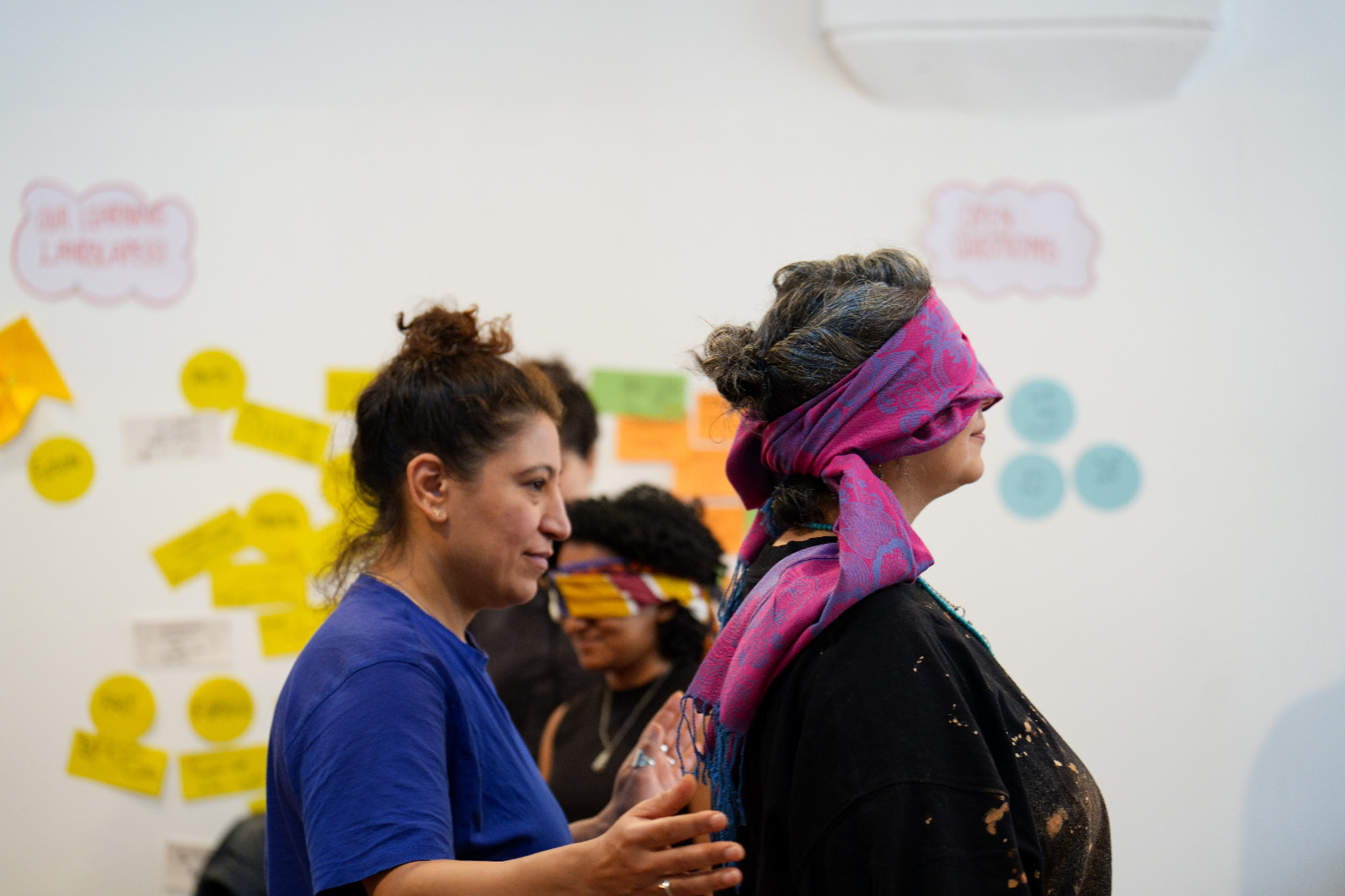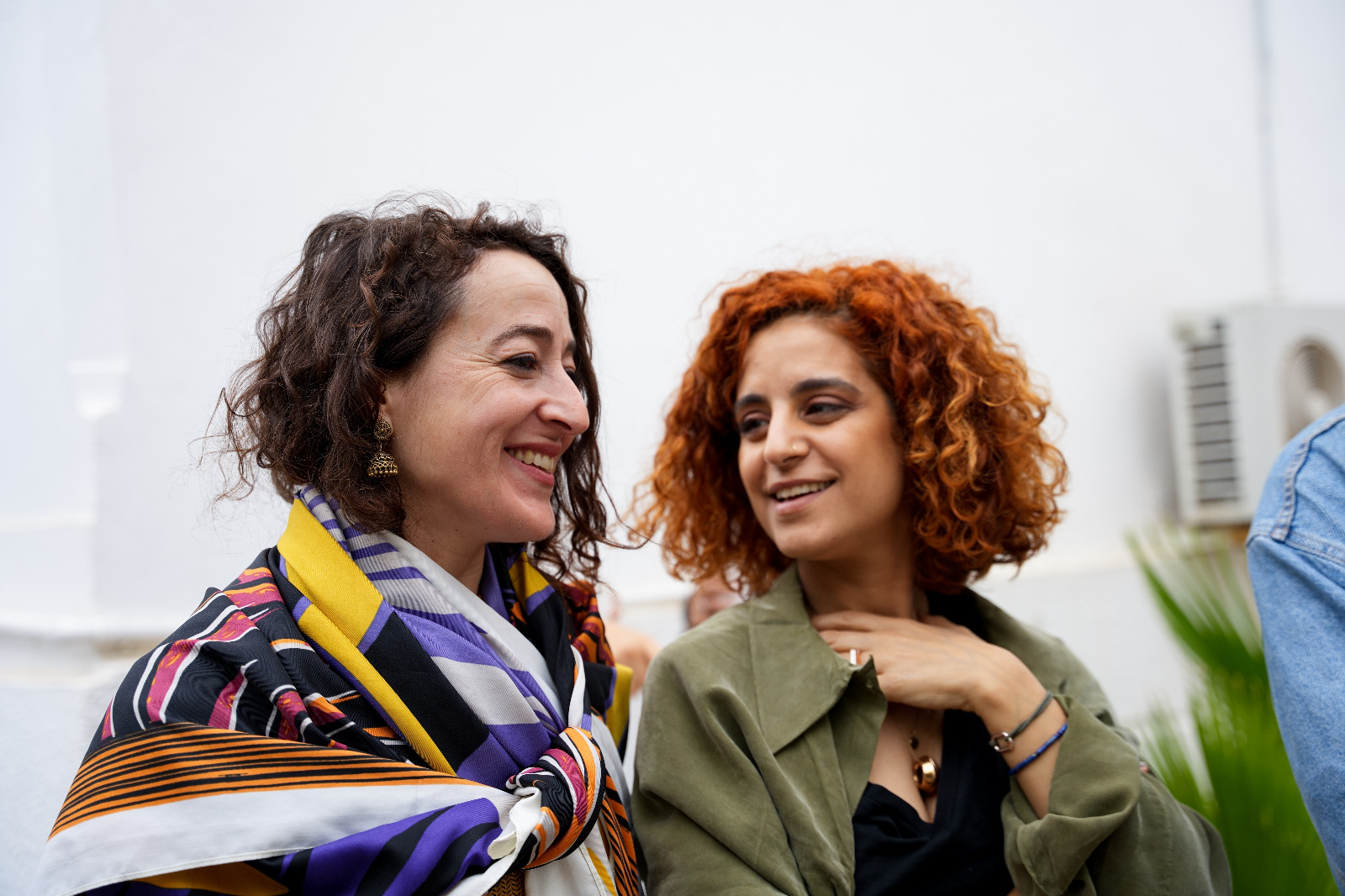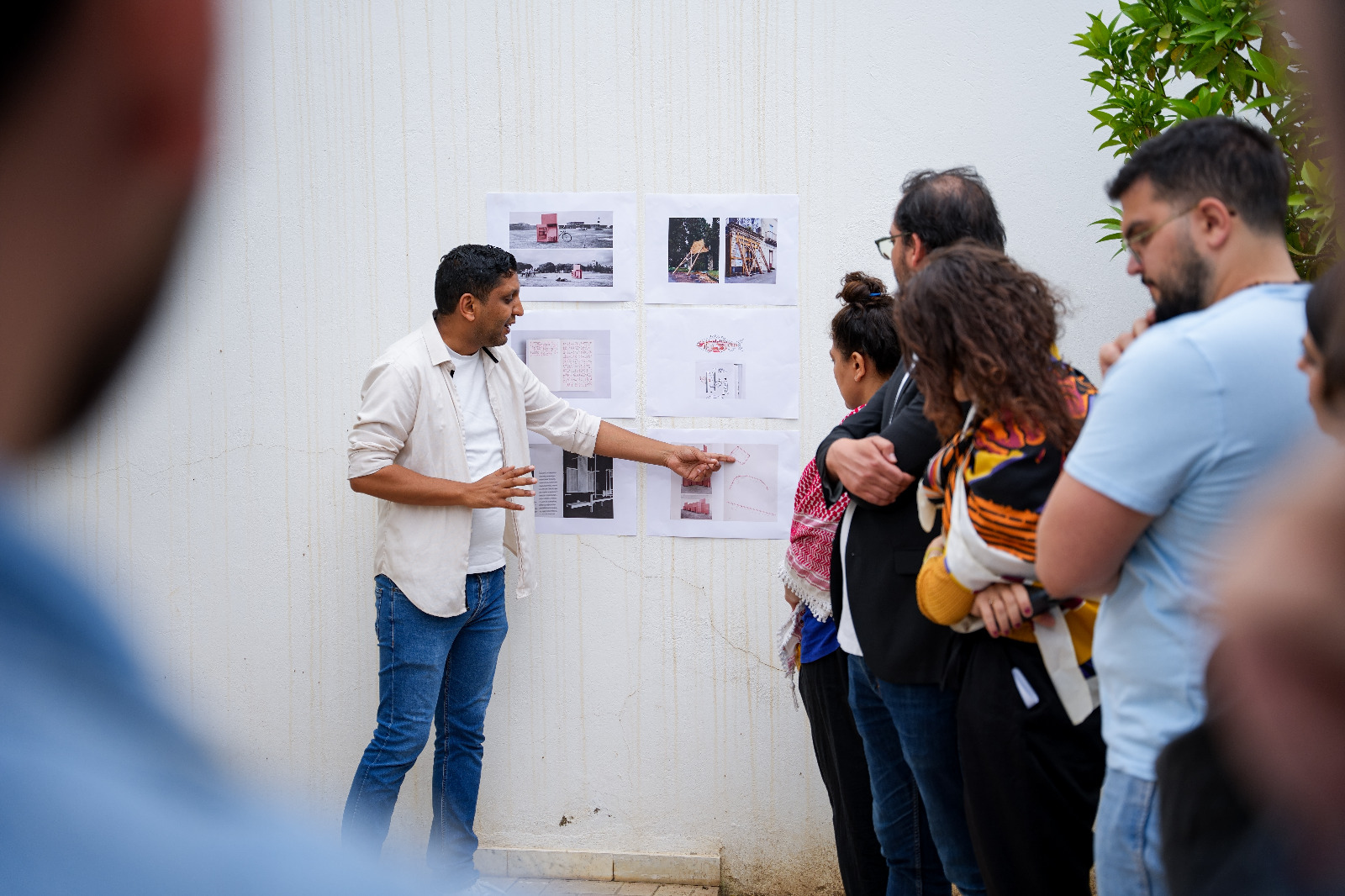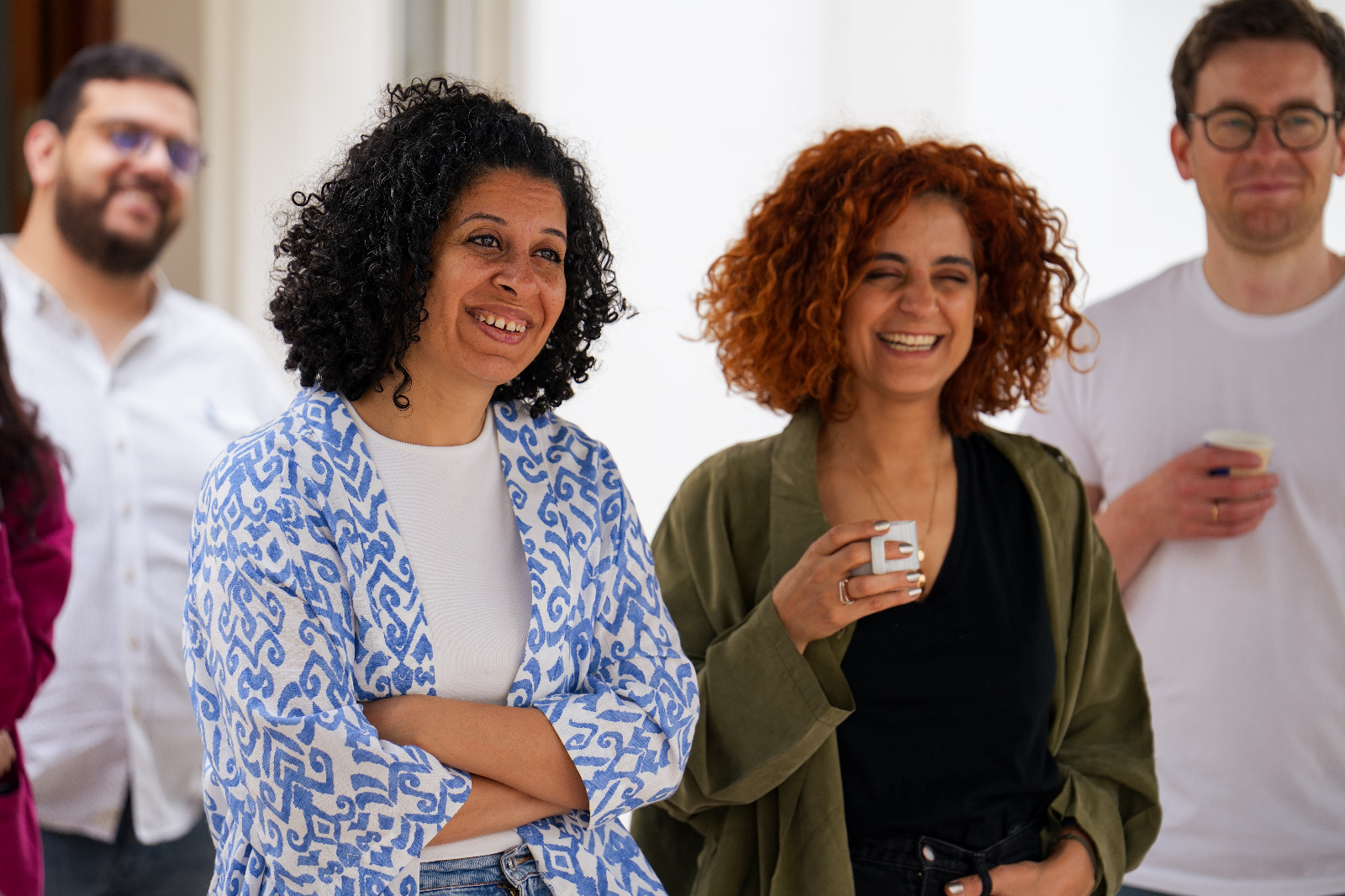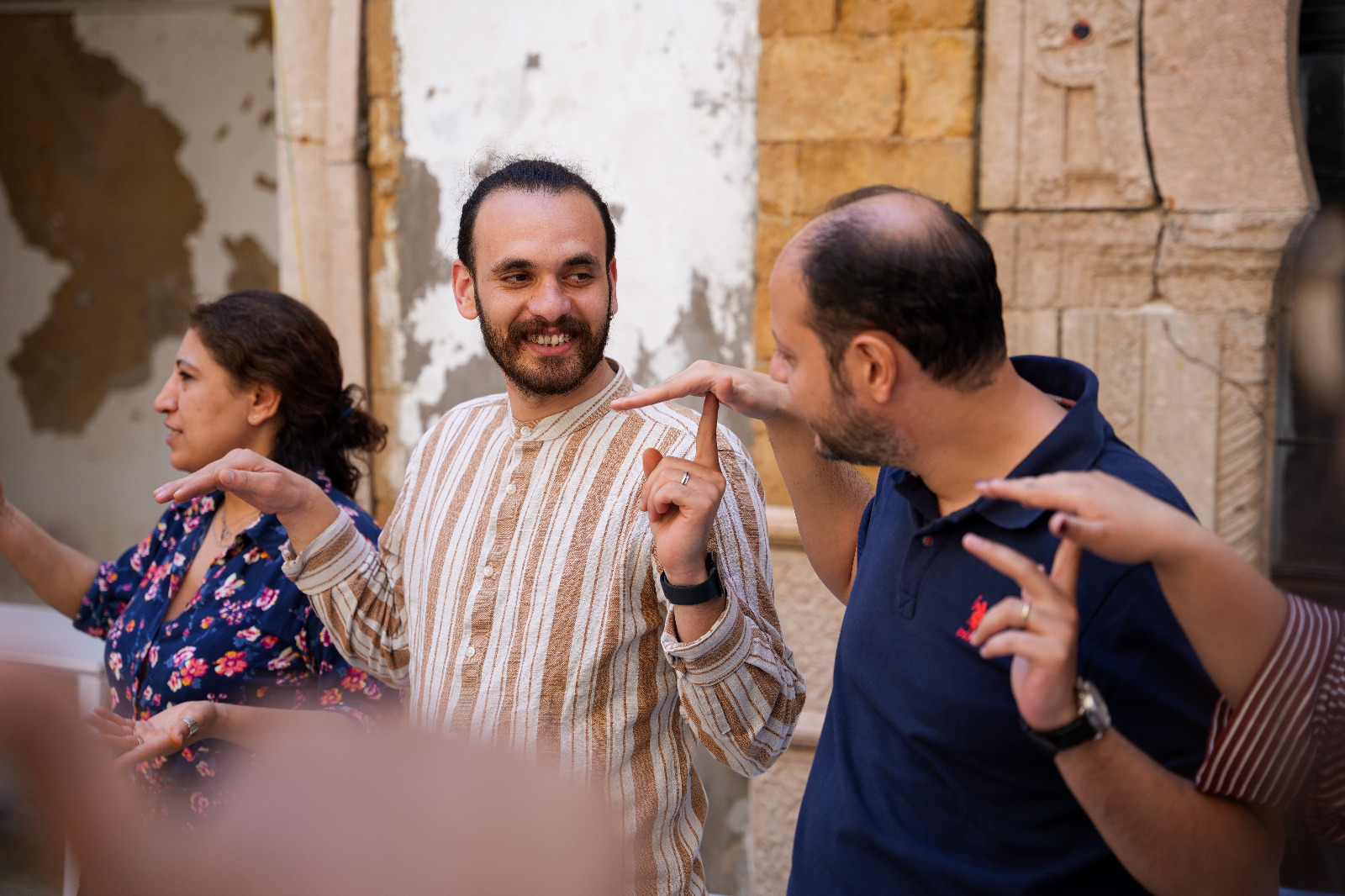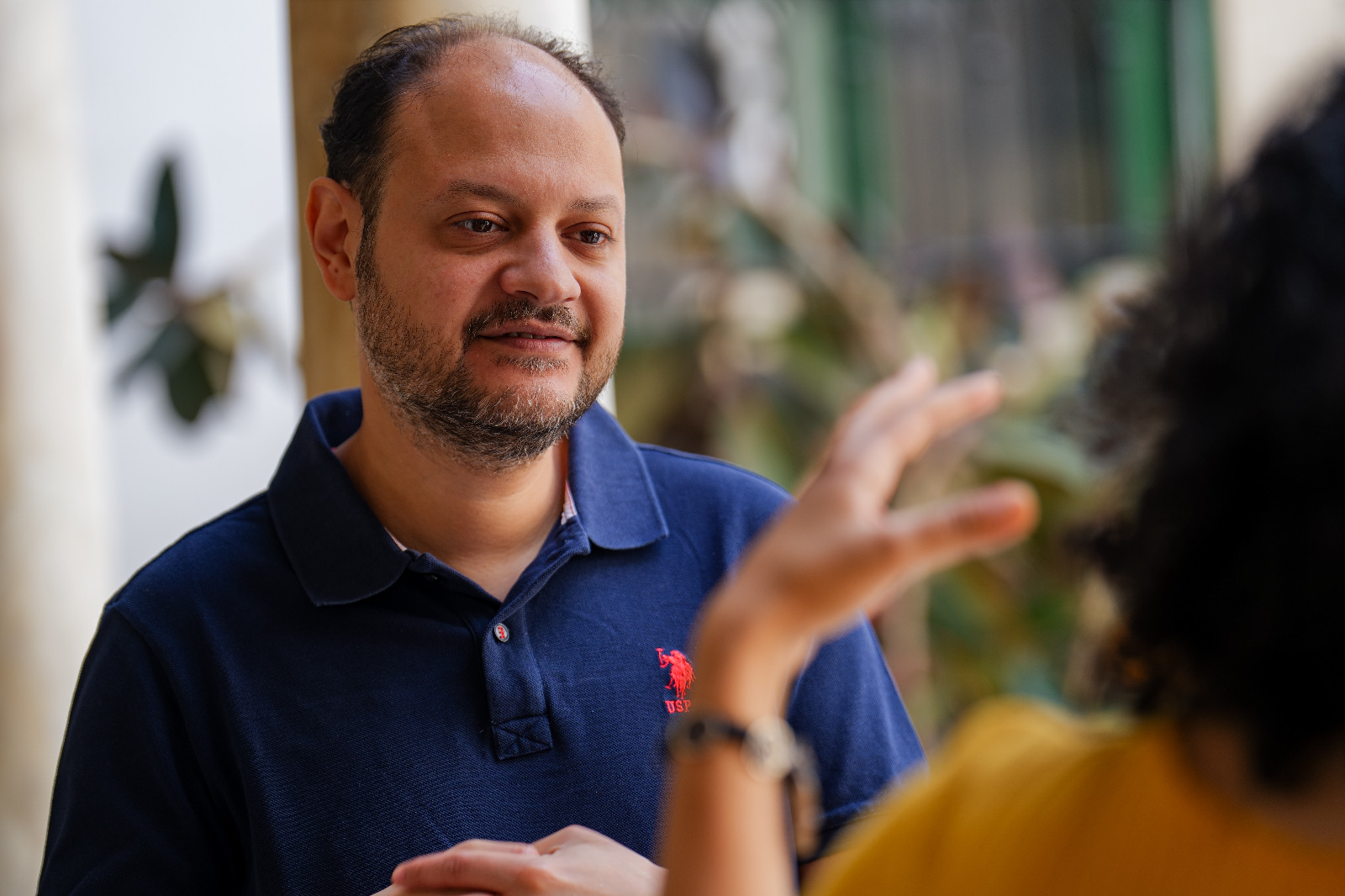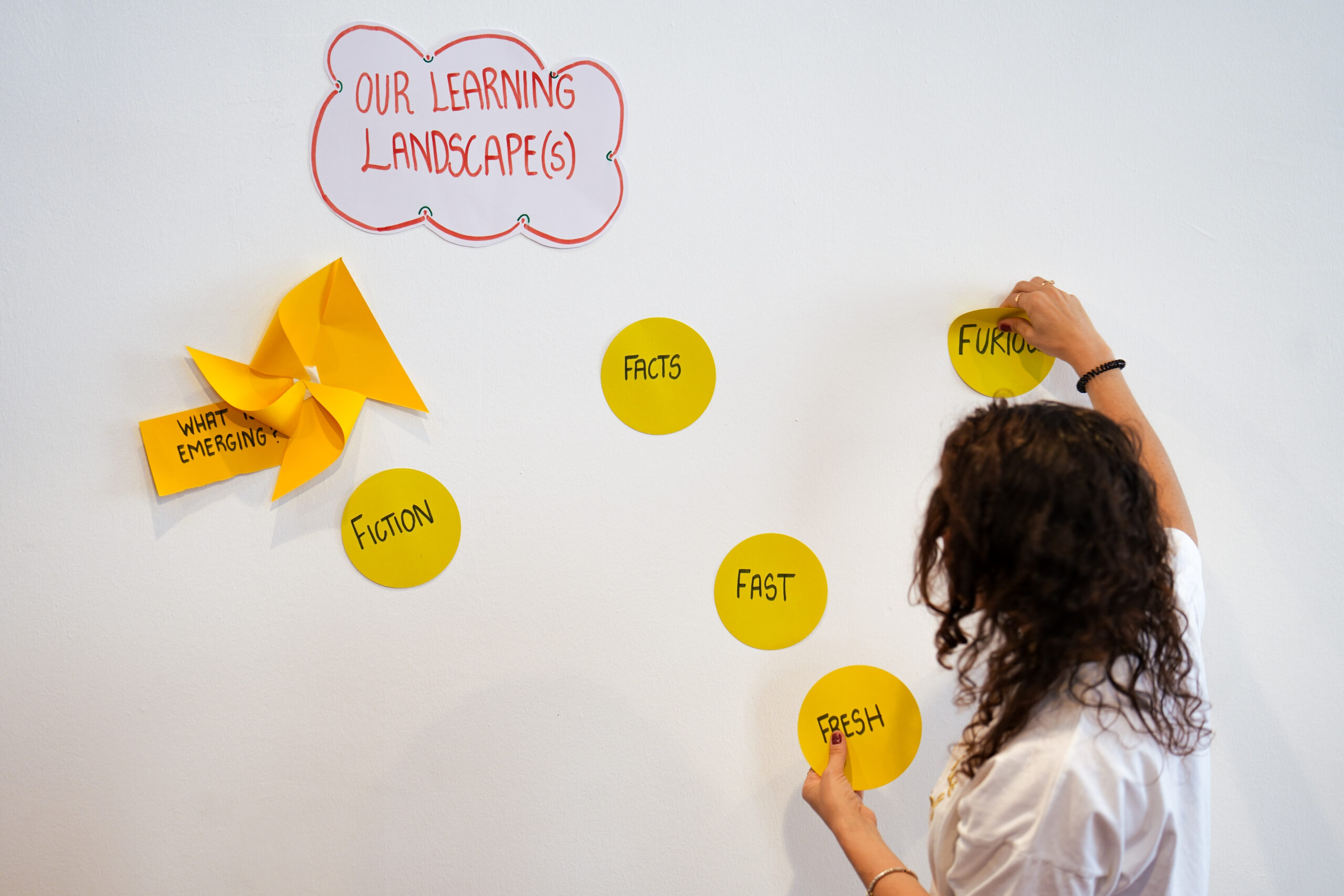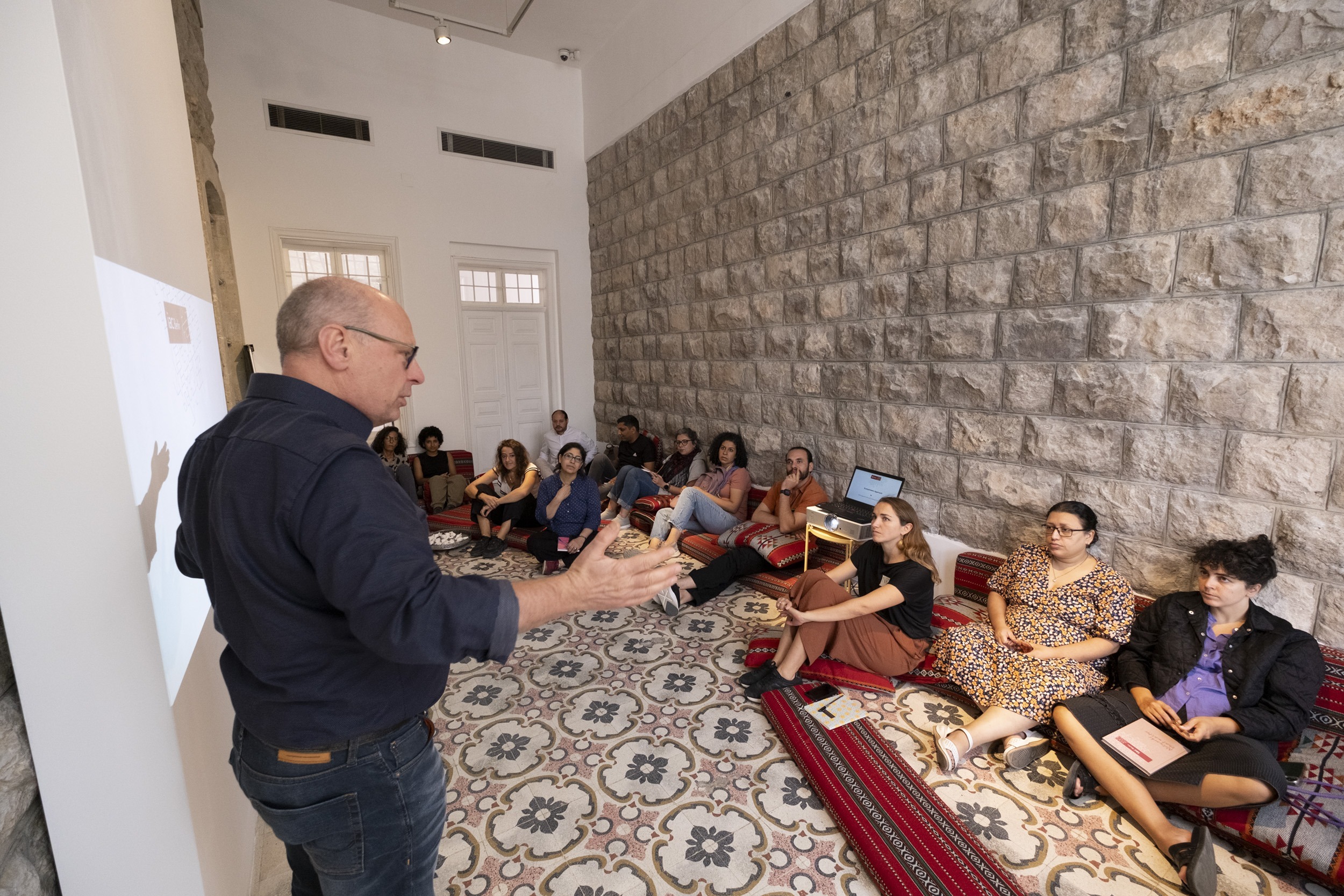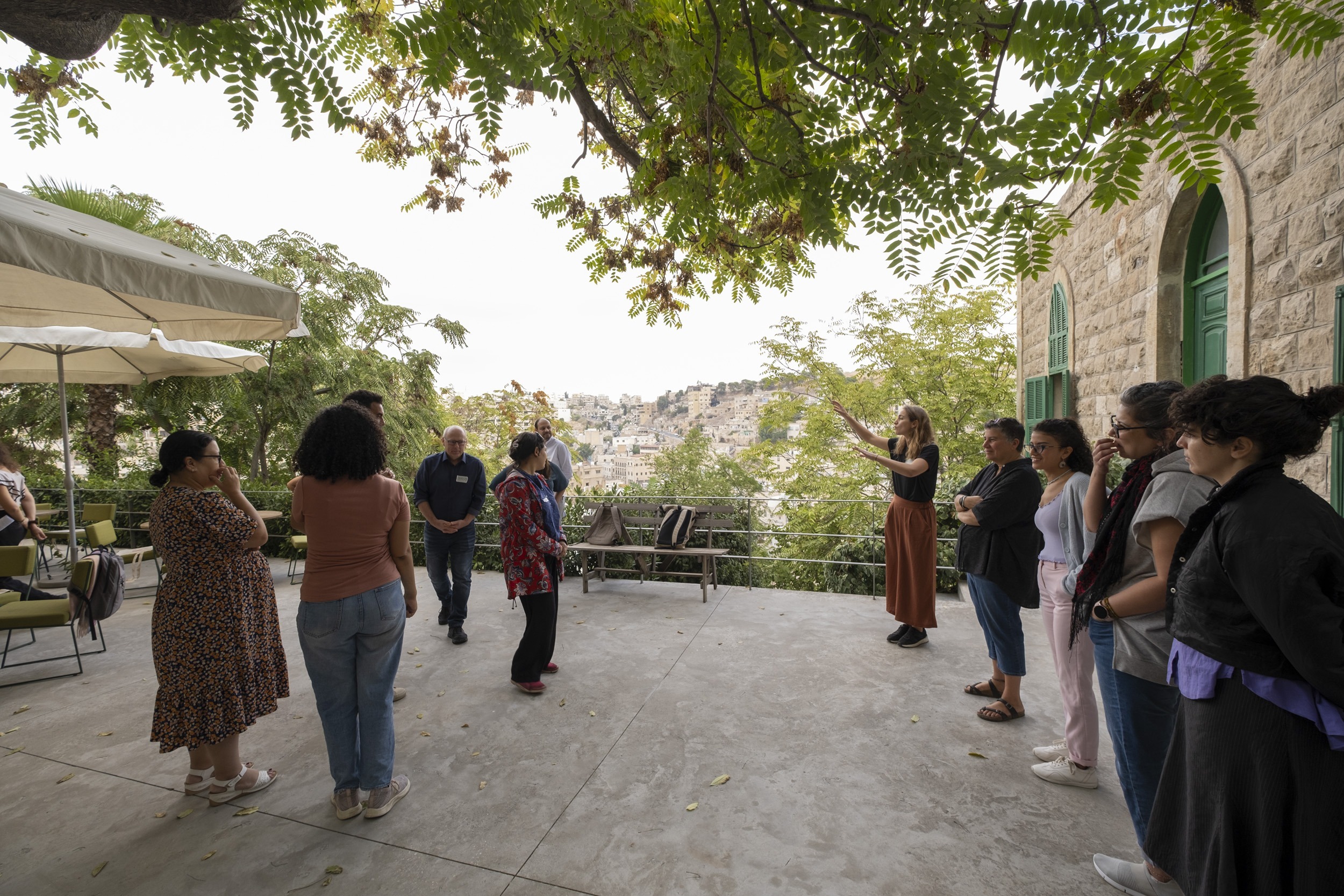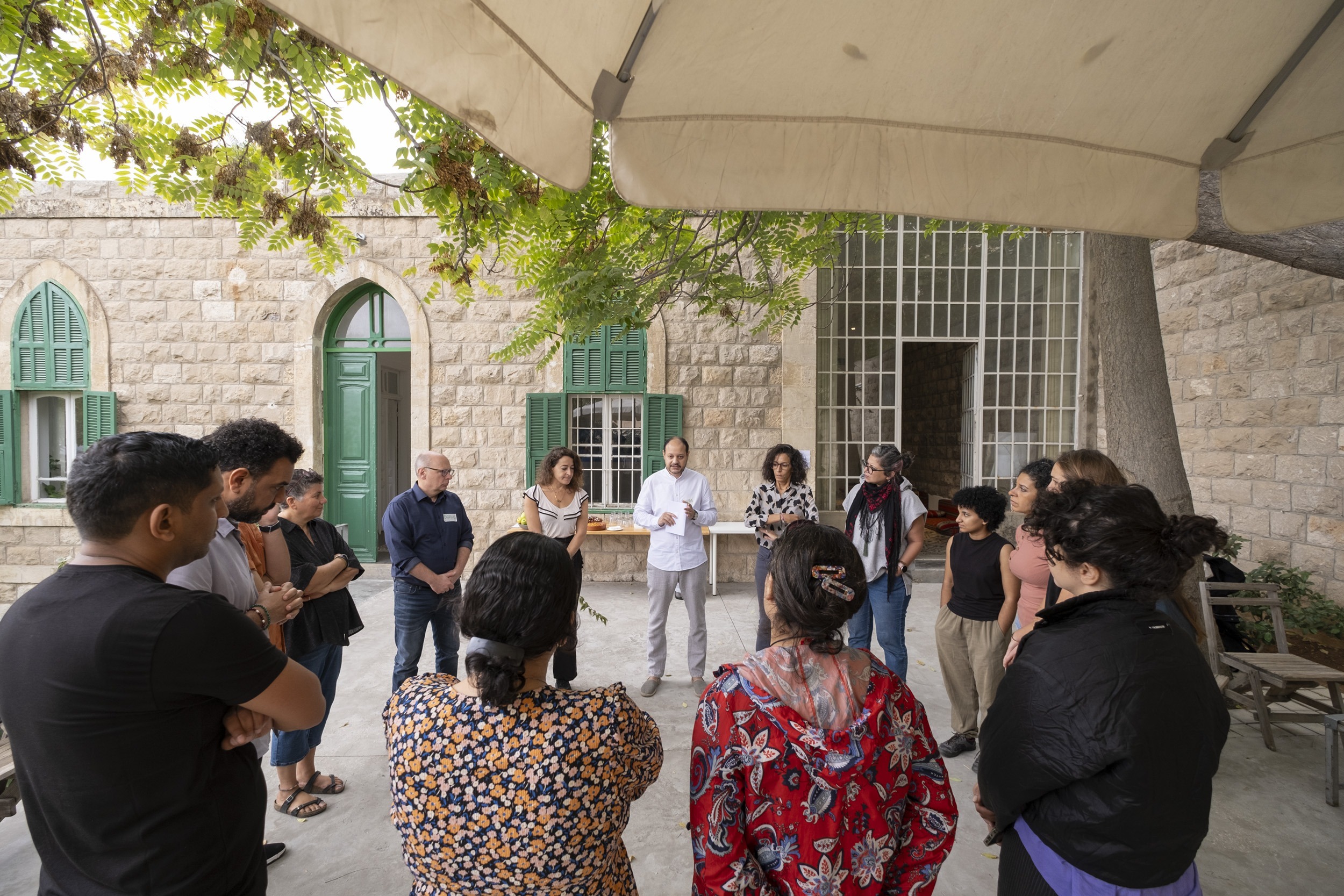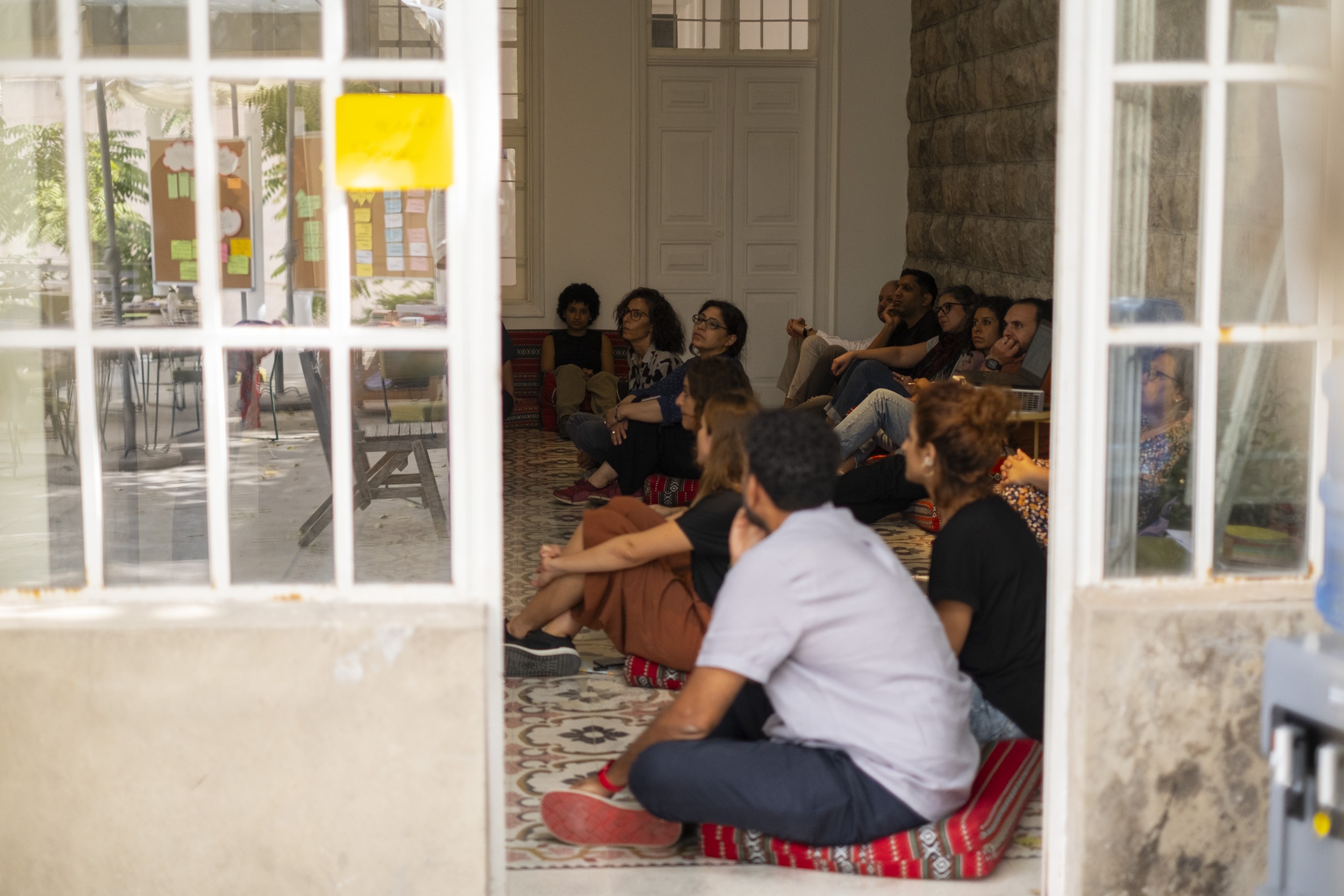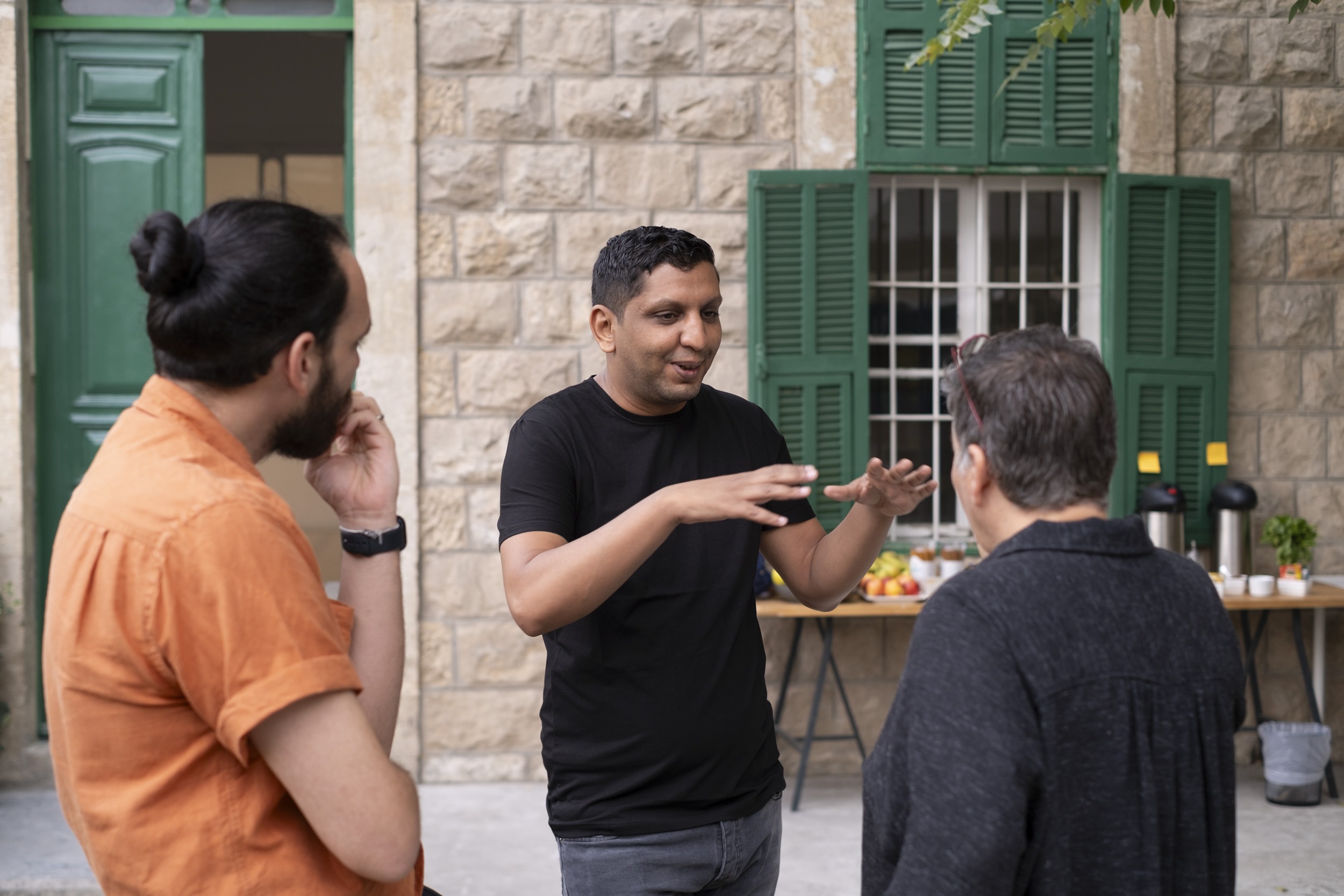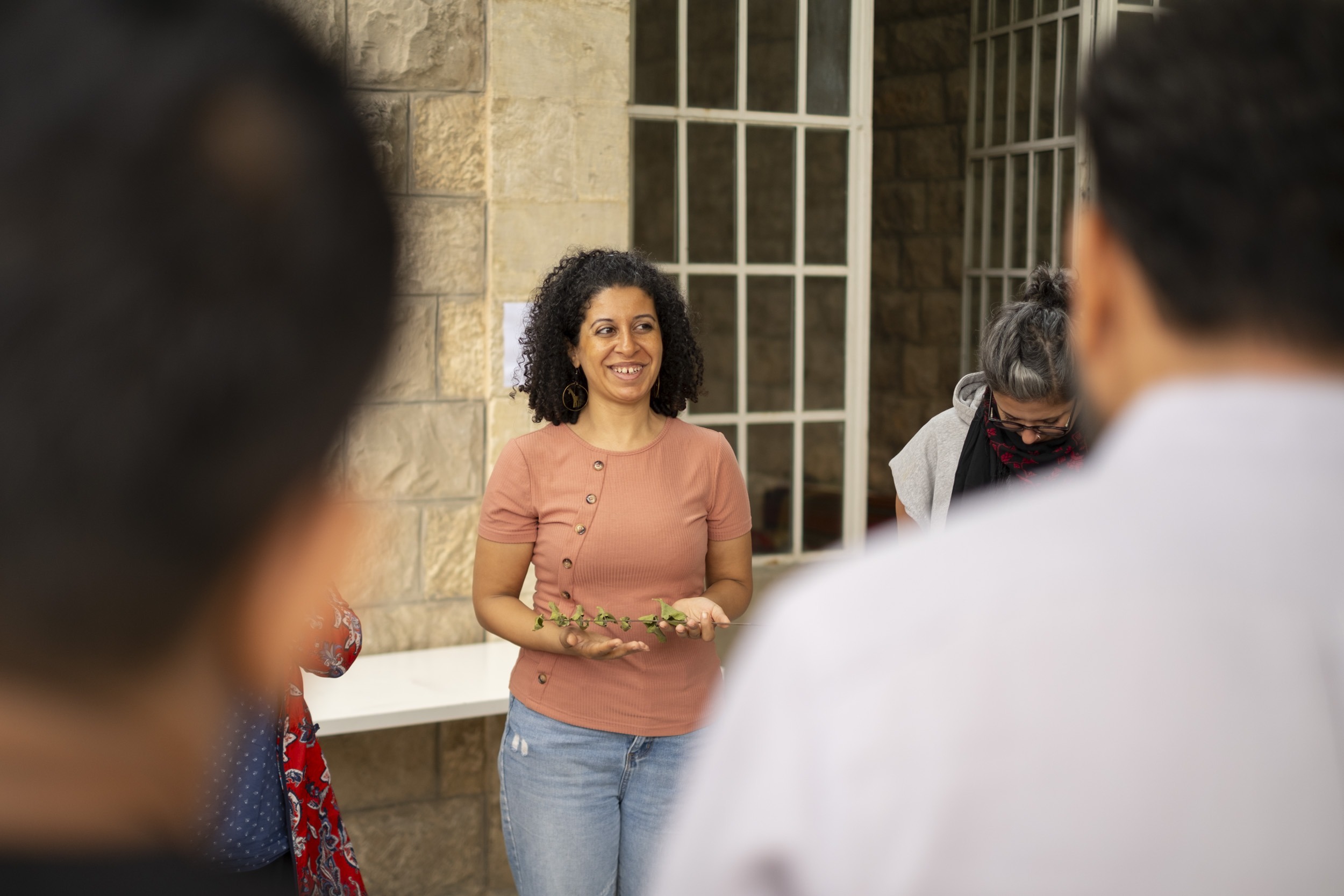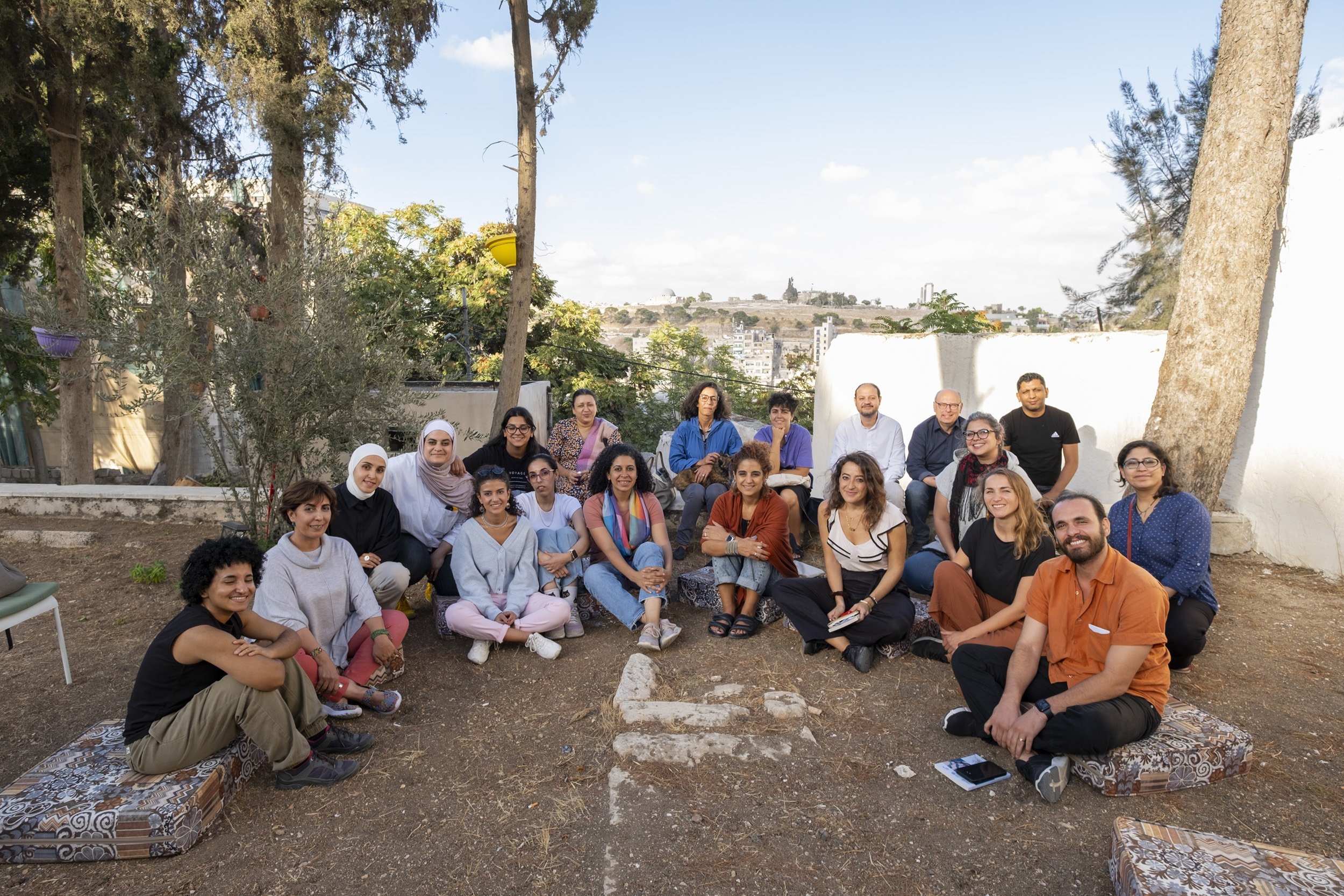A Learning Journey for Field Supporters
Culture in the Civic Space
in the MENA Region
About the learning journey
Across the MENA region, many arts and culture organizations operating in civic space face a persistent state of precarity. Political repression, shrinking civic space, and financial uncertainty are not temporary setbacks – they are daily realities that organizations must continually navigate.
Support for the civic sector in the region has existed for decades and has often responded to urgent needs. Yet, it has fallen short of enabling the kind of resilient, long-term, self-sustaining structures many organizations envision for themselves: structures capable of nurturing the civic space and those working within it.
It is long overdue to shift perspective and support a transition towards a more resilient and positive future. This shift requires not only new strategies and resources, but also imagination to envision different ways of working and being together. It calls for a shift from short-term solutions to long-term care, from isolated efforts to connected ones.
This program begins with that understanding. It brings together twelve arts and culture organizations from across the region, all working within the civic space, to explore what it means to play a field-supporting role: to build relationships, create spaces for others, and strengthen the shared conditions and practices that sustain the wider field.
Through in-person gatherings and peer learning, supported by role-experimentation grants for tailored interventions, the learning journey creates space for organizations to reflect, connect, and test new approaches to supporting the field.
Imagination lies at the heart of this journey – a capacity deeply rooted in the field of arts and culture, and Imagination lies at the heart of this journey – a capacity deeply rooted in the field of arts and culture, and one that can reimagine how support, solidarity, and sustainability take shape across the field, opening up new possibilities for the future of civic space in the region.
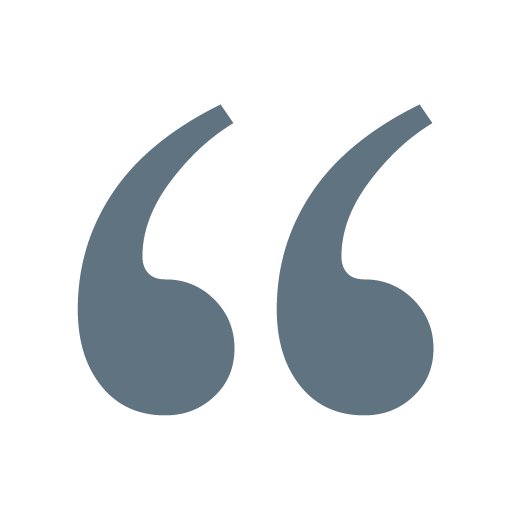
"We gnawed on stones to open a space for jasmine"
- Mahmoud Darwish, 1999 -
These words carry something of the spirit that guides this program. They speak to the realities of scarcity and struggle, but also to persistence and the quiet possibility of something beautiful. In a world of stones, what does it mean to open space for jasmine?
For many arts and culture organizations in the region, this struggle is far from metaphorical. It means working through repression, exhaustion, and fractured support systems, often with little or no room to breathe.
This program is an effort to take a different approach. To open space, however small, where organizations can come together to share, reflect, and test what could be. In the midst of constraints, we ask: what becomes possible when we are allowed to imagine together? What new roles or forms of support could grow if given the room? What possibilities might bloom – like jasmine pushing its way through stone?
What is field support?
In every sector, including arts and culture, there are individuals, collectives, and organizations whose work goes beyond creating or producing. It is about connecting, listening, and creating the conditions for others to grow, collaborate, and adapt.
Field supporters often work quietly and relationally. They tune into what is emerging, respond to gaps, help open access to knowledge or resources, and hold spaces for reflection, care, and imagination. Their roles may not always be visible or named, but they are crucial to the strength and sustainability of a field.
This kind of work is sometimes referred to as field support, field catalysation, or ecosystem building. The terminology may vary, but they all point toward a shared intention: to strengthen the field as a whole, especially in contexts where civic space is shrinking and the cultural field is under pressure.
This learning journey brings together field supporters, as well as those who wish to step into field-supporting roles, by creating dedicated spaces to reflect on their work, test ideas, and reimagine practices. The aim is not to define one way of doing field support, but to recognize its many forms, learn from each other, build shared capacity, and amplify its impact.
Twelve organizations from across Egypt, Tunisia, Jordan, Morocco, and Lebanon are taking part in this learning journey, each bringing its own interpretation of what it means to practice field support. Their approaches are rooted in local contexts and shaped by the needs around them. From experimenting with decentralized support structures to navigating emotional fatigue, from creating mobile hubs to rethinking trust, their work reflects the complexity, care, courage, and commitment required to support and sustain the wider field.

